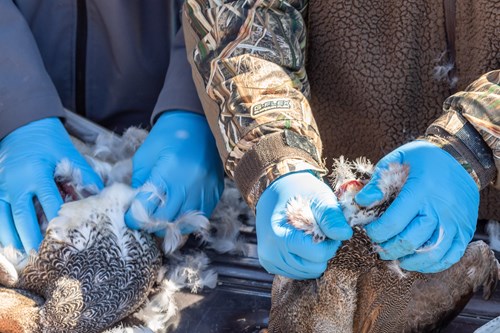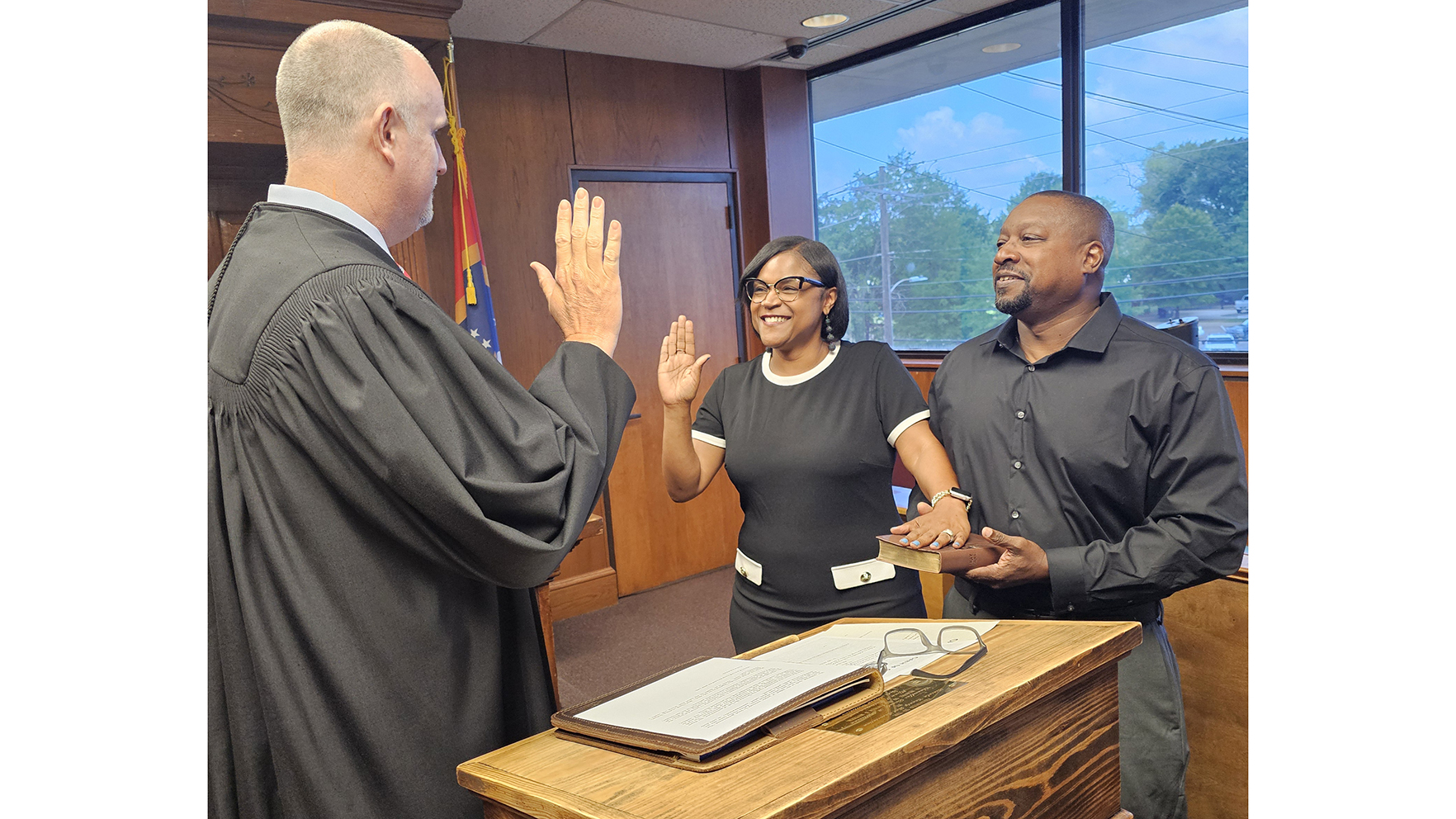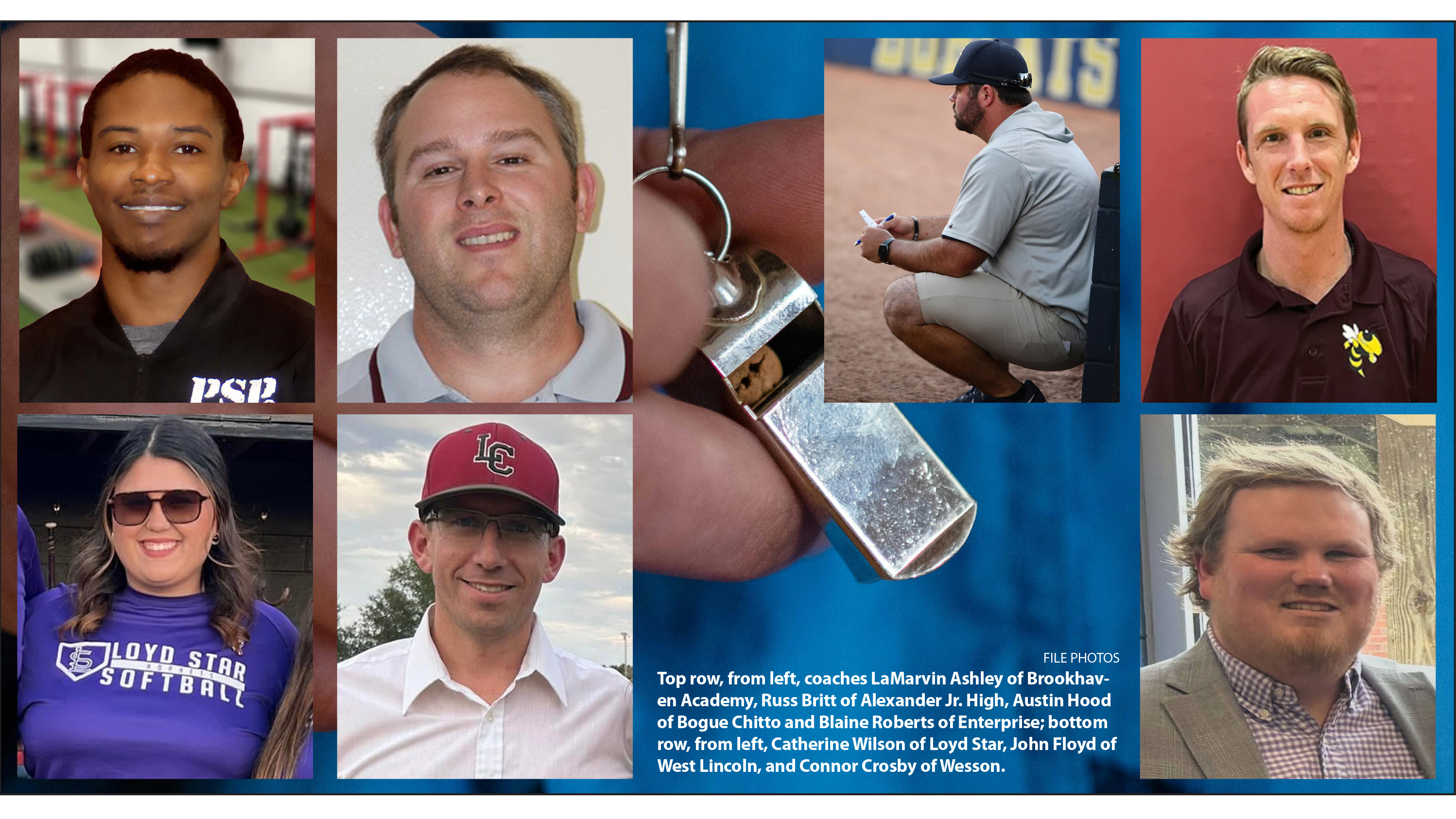New cases of avian influenza reported in wild birds
Published 10:01 am Friday, September 13, 2024

- HPAI is still a concern for waterfowl.(Courtesy Photo | MDWFP)
BROOKHAVEN — Highly Pathogenic Avian Influenza is still being detected in wild birds as Mississippi’s Teal Season opens Saturday. The most recently reported Mississippi positives were harvested towards the end of the last hunting season but were not tested until the end of August and first week of September.
Avian influenza is caused by the influenza type A virus which can infect poultry (such as chickens, turkeys, pheasants, quail, domestic ducks, geese, and guinea fowl) and wild birds (especially waterfowl). Houston Havens, MDWFP Waterfowl Program Coordinator, said it spreads primarily through fecal and oral transmission in an interview last year.
In total, 72 new HPAI cases were detected in wild birds with 44 birds killed by hunters and 28 were found dead. Mississippi has a total of 292 wild bird positives for HPAI since 2022. Since 2022, the United States Department of Agriculture Animal and Plant Health Inspection Services has reported 10,036 positive cases of HPAI in wild birds nationwide.
The good news, Mississippi has not had a commercial poultry outbreak reported since 2023, nor any positive detections in livestock or mammalian wildlife species.
Here is what hunters can do to prevent the spread of HPAI.
Waterfowl Hunters:
- Only harvest birds that act and look healthy.
- Do not eat, drink, or smoke while handling harvested birds.
- Process harvested birds outdoors or in a well-ventilated area.
- Wear disposable gloves while processing harvested birds.
- Wash hands, utensils, and work surfaces before and after processing birds, as well as before and after handling uncooked meat.
- Keep harvested birds cool until processed, then refrigerate, freeze, or cook to an internal temperature of 165 degrees.
Disposing of bird carcasses:
- Dead birds should not be handled with bare hands. Maintain a physical barrier.
- To collect or remove dead birds from the environment:
- Pick up the bird with doubled plastic bags that have been turned inside out.
- Then, invert and seal the doubled plastic bag with the bird inside.
- To dispose of the bird:
- Place the bag in household garbage.
- As an alternative, bury the dead bird (no bag) by handling the bird with a shovel.
- Wash hands thoroughly with soap and water.





